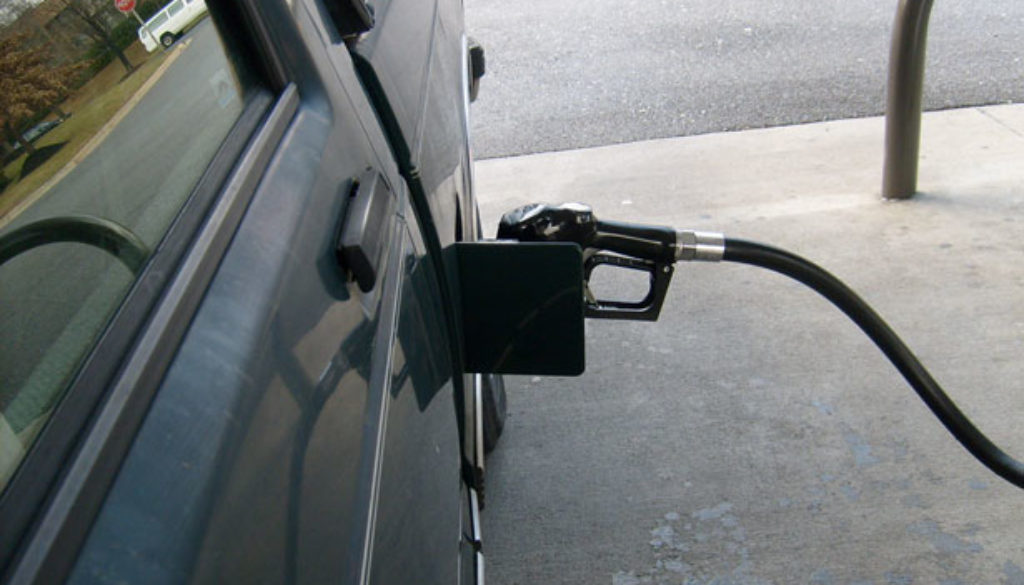Clean Car and Fuel Economy Standards Are Good for Jobs
By Luke Tonachel, Natural Resources Defense Council
There are 288,000 American workers building technologies that reduce pollution from cars and trucks, and improve their gas mileage. A new report, “Supplying Ingenuity II: U.S. Suppliers of Key Clean, Fuel-Efficient Vehicle Technologies” by NRDC and the BlueGreen Alliance finds that hundreds of thousands of Americans are employed in 1,200 manufacturing and engineering facilities across 48 states to build the technologies that help protect our environment and health as automakers meet increasingly tighter clean vehicle and fuel efficiency standards.
The standards have proven to be a very strong driver for technology innovation and global competitiveness. The standards have provided the certainty—and competitive level playing field—that companies need to invest in new technologies and in the jobs associated with producing them. Since 2009, the auto industry has added nearly 700,000 retail and manufacturing jobs while meeting stronger standards and achieving record sales. More than 300,000 of the job gains came in manufacturing.
Weakening vehicle standards—as the Trump Administration is currently considering doing—would stifle innovation and put U.S. automotive jobs at risk. A gasoline price spike could cause taxpayers to have to bail out automakers, as we did in 2009 when they became too dependent on selling gas guzzlers in a market that did not want them. U.S. manufacturers would also be at a competitive disadvantage to foreign manufacturers that are continuing to invest in meeting tighter standards in China and Europe. Very important as well is that weaker standards would increase pollution, increase oil consumption and cost consumers more at the pump.

Clean vehicle jobs are spread across the country and securing those jobs is a relevant concern for at least 355 U.S. Congressional Representatives and 96 Senators. These policymakers must resist attempts to roll back clean vehicle and fuel economy standards and focus on accelerating innovation through purchase incentives for the cleanest vehicles and factory retooling loans.
Nine states (Michigan, Indiana, Ohio, Tennessee, Kentucky, California, Alabama, North Carolina, and South Carolina) each count 10,000 or more manufacturing and engineering jobs building fuel-efficient technologies, and half of U.S. states count fuel-efficient technology jobs in the thousands.

Today American workers are making vehicles cleaner and more fuel efficient by producing a variety of technologies such as advanced gasoline and diesel engines and transmissions, including components like turbochargers; hybrid and electric propulsion systems; lightweight body, frame, and component materials and improved aerodynamics; efficient ancillary systems, such as electric power steering; and many more. Our analysis is a conservative estimate of the number of workers at facilities making vehicle components and their materials—like lightweight steel or aluminum—that will cut pollution and improve efficiency.
In addition to reducing pollution, these technologies are saving consumers lots money at the pump—more than $36 billion since 2012 when vehicle standards began getting more stringent. American drivers are poised to save $1 trillion in fuel over the lives of vehicles made under the current standards that extend to 2025.
The automobile industry has come a long way from bankruptcy to profitability, and strong, long-term vehicle standards are a key part of that story. The 288,000 American workers building clean and fuel efficient vehicle technologies demonstrates that we can address climate change, clean air, and other environmental issues at the same time as strengthening America’s manufacturing sector and our overall economy. We should keep strong vehicle standards to secure and build these jobs for the future.

